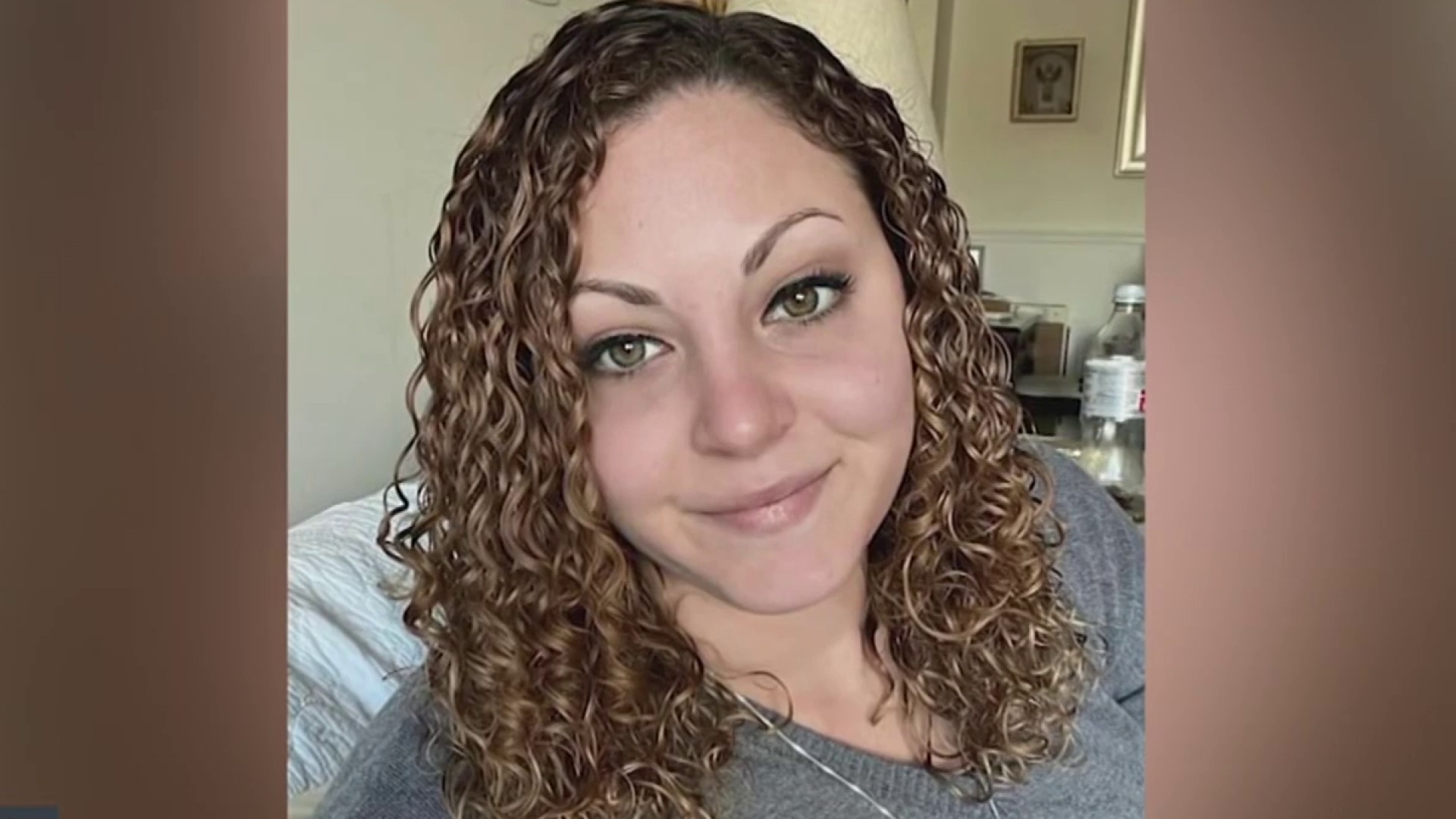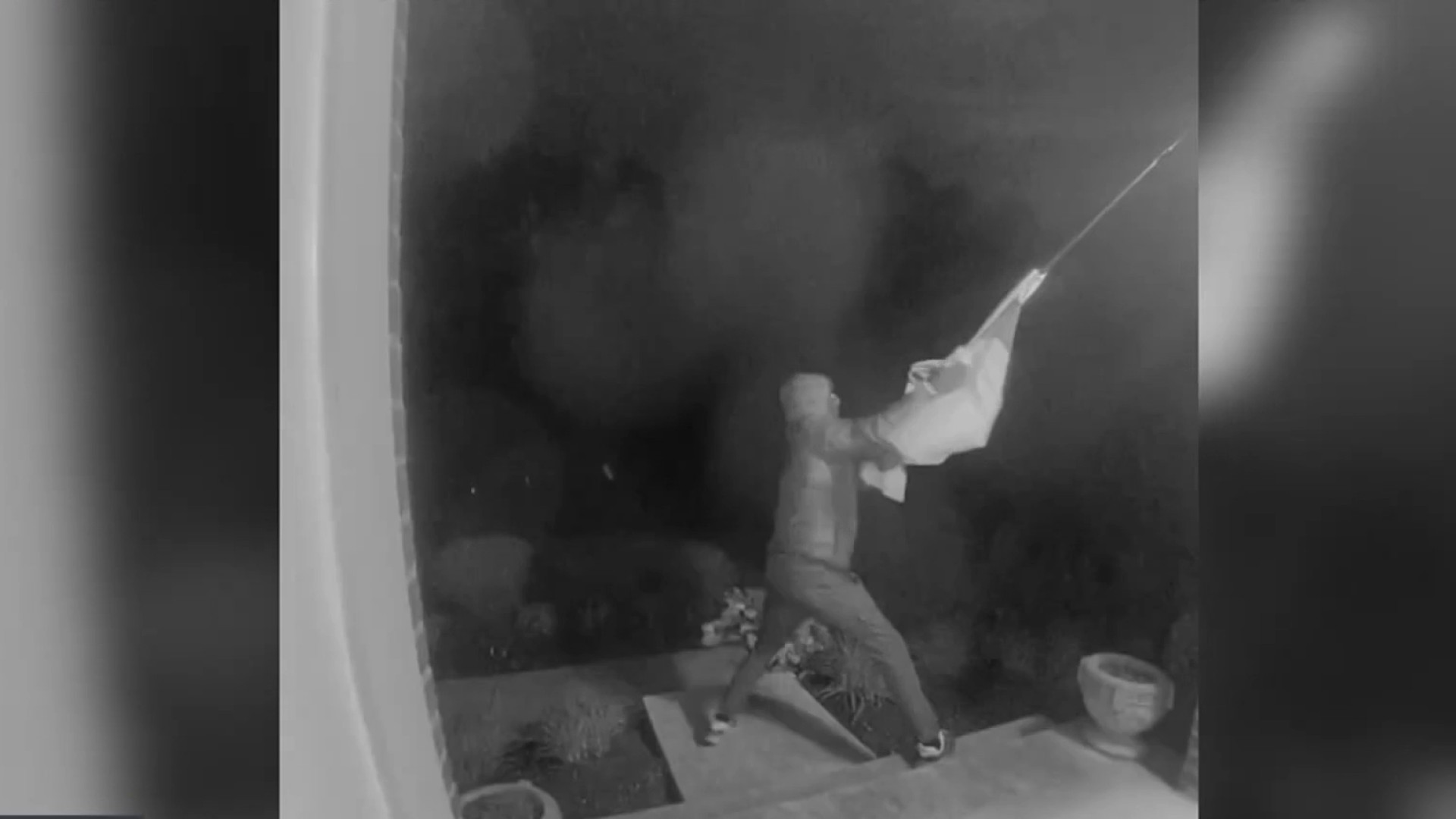Improper disposal of grease from cooking can create an expensive plumbing mess.
This holiday season, Washington Suburban Sanitary Commission Chief Engineer Gary Gumm reminds you not to let grease go down the kitchen sink. Don’t assume hot water and soap will flush it through the pipes.
“Here’s the big deal: Hot water cools. When the water cools, the grease cools. It cools in some place and starts to solidify and it stays there,” Gumm said.
Over time, it builds up and space in the pipe narrows.
"Once it builds up, it's a big problem," Gumm said. "Because what's supposed to go through there, can't get through there, and more importantly, how about your neighbors and the restaurants up the street."
“Keeps backing up, keeps backing up until finally it doesn’t have anywhere to go, and it has to come out somewhere,” Gumm said. “Where does it come out? Wherever it can. Sometimes that’s your street. Sometimes that’s your stream. Sometimes that’s your house.”
It's an expensive problem to fix but an easy one to prevent: Can it, cool it, toss it.
Local
Washington, D.C., Maryland and Virginia local news, events and information
While the grease is still hot in the pan, pour it into a can, cover it with a lid and let it solidify. Put it in the refrigerator if you want it to solidify faster. Then throw it in the trash.
And don’t forget to wipe any excess grease out of the frying pan.
WSSC offers free lids for grease cans. Request yours here.



